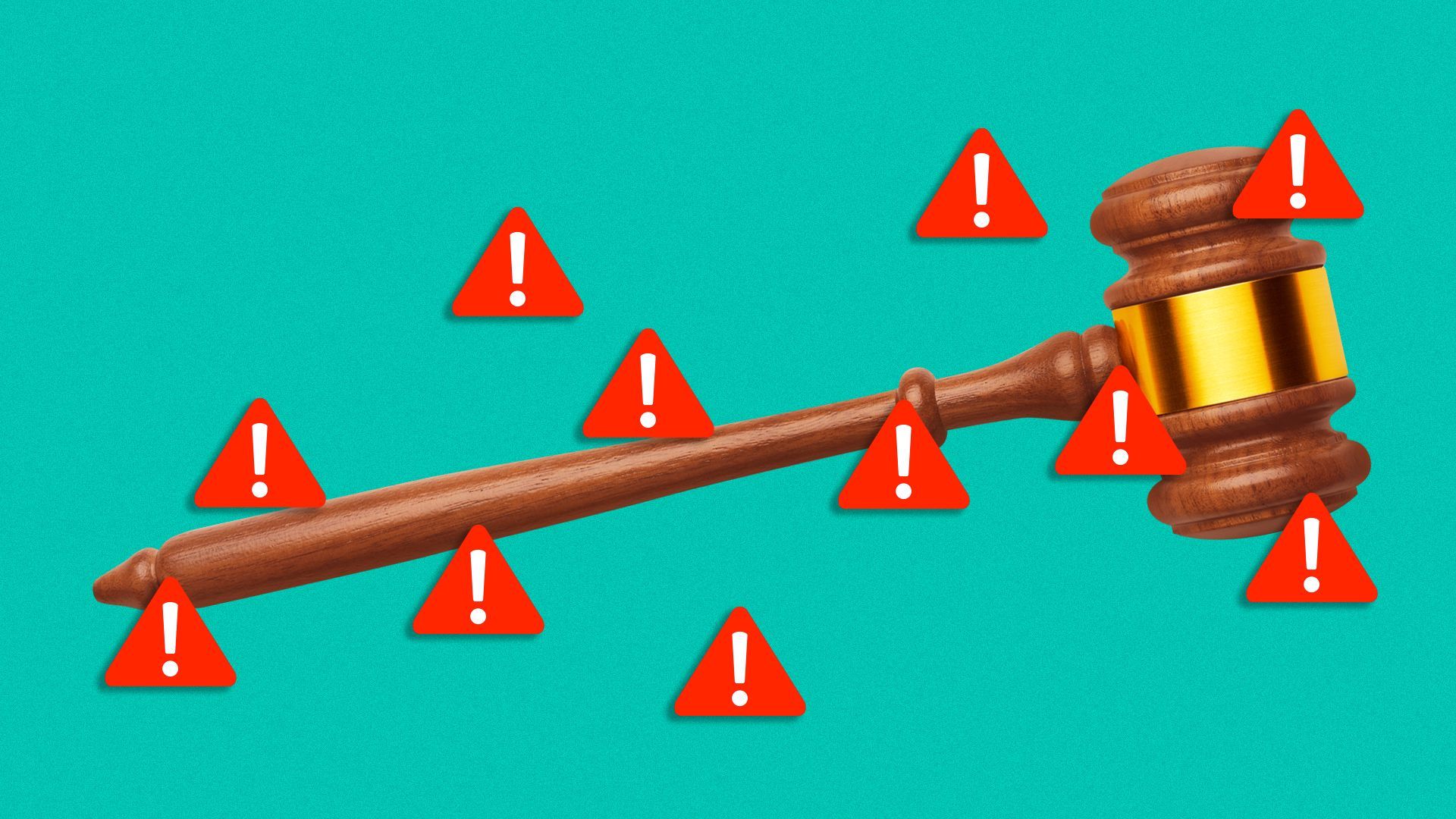
MADISON, Wis. (AP) — Republican lawmakers will cut the University of Wisconsin System's budget by $32 million despite a projected record-high $7 billion state budget surplus, leaving the university nearly half a billion dollars short of what it requested, GOP leaders announced Thursday.
The cut comes in reaction to Republican anger over diversity, equity and inclusion, or DEI, programs on the system's 13 universities. Republican leaders have said the $32 million is what they estimated would be spent on those programs over the next two years.
“They need to refocus their priorities on being partners on developing our workforce and the future of the state and we’re hopeful that they’re going to be ready to do that as we move forward,” Republican state Rep. Mark Born, co-chair of the Legislature's budget-writing committee, said at a news conference.
The university system could get the $32 million back at a later date if it shows how it would be spent on workforce development efforts, and not diversity, equity and inclusion programs, lawmakers said.
The cut comes despite warnings from UW President Jay Rothman of tuition increases and possible campus closures if the system's budget was cut.
Rothman said in a statement that the cut “will diminish student access and affordability at our public universities. This is a missed opportunity and a significant setback to Wisconsin’s efforts to win the war for talent.”
Democratic Gov. Tony Evers, a former member of the UW Board of Regents, threatened to veto the entire state budget if the university’s budget was cut. Evers has said that cutting the university’s budget given the state’s surplus would be “irrational.”
Republicans earlier this month rejected the university’s top building project — a new engineering building on the flagship Madison campus. Born left open the possibility that the project could be funded later, saying discussions about that would continue.
Related video: University of Wisconsin funding in limbo over diversity programs (Straight Arrow News) Duration 1:19 View on Watch
University leaders asked for a nearly half-billion dollar funding increase, citing financial difficulties stemming from a decadelong tuition freeze and inflation.
Evers proposed a funding increase of more than $300 million for the university system, an amount that already had university leaders saying they would have to consider raising tuitions to make up the difference from what they requested.
The Legislature's Republican-controlled budget-writing committee was to vote on making the cut Thursday before finishing its work on the two-year spending plan. It would then head to the Senate and Assembly for votes next week, before going to Evers who can sign it, veto it or make partial vetoes.
Republican Assembly Speaker Robin Vos has been the loudest critic of the university's diversity efforts, saying at the state party convention on Saturday that he was embarrassed to be a UW alum because of it.
He called DEI “the single most important issue that we are facing as a people, as a nation and as, really, humanity.”
Vos calls the efforts a waste of taxpayer money that only sow racial division.
“For people on the left, (DEI) has become their new religion,” Vos told reporters last week. “They no longer go to church on Sunday, but boy, are they trying to make sure that everybody is evangelized on campus, that there’s only one acceptable viewpoint. That’s not what I think taxpayers should be funding.”
The university should not be “forcing these students to view the world through a lens of race, gender or economic class just to obtain one of these degrees,” Republican state Rep. Alex Dallman said when announcing the cut.
“UW System ought to be teaching them different things, such as critical thinking and problem solving, teamwork and collaboration, professionalism and communication skills,” Dallman said.
Rothman, speaking after a WisPolitics.com event prior to the vote, said at times that DEI efforts can sometimes go too far. Last month, Rothman ordered campuses to stop asking job-seekers to supply statements on their applications describing how they would support equity and diversity.
“This is an evolving process,” he said Thursday.
The fight reflects a nationwide cultural battle over campus diversity efforts. Republican lawmakers this year have proposed more than 30 bills in 12 states to limit diversity, equity and inclusion efforts in higher education, an Associated Press analysis found in April.
Scott Bauer, The Associated Press


